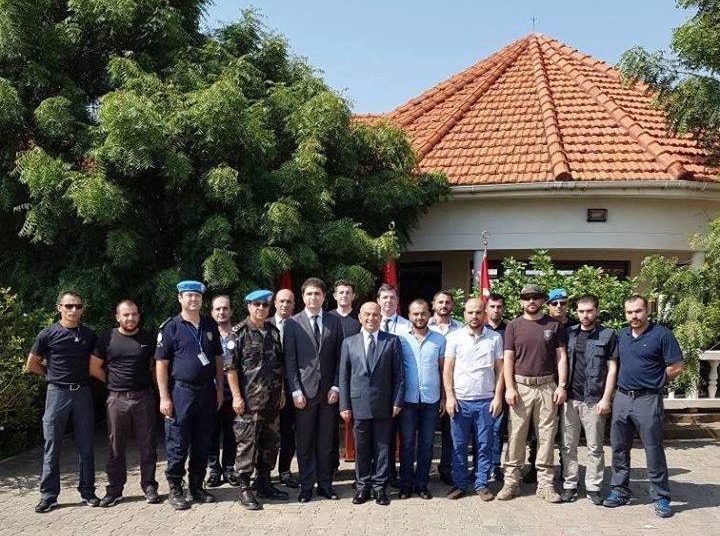Levent Kenez/Stockholm
As part of its massive witch-hunt, the Turkish government used its diplomats in South Sudan, a country located in east/central Africa, to profile opponents of Turkish President Recep Tayyip Erdoğan and gather intelligence about them to help forge a criminal case against critics.
According to a December 12, 2018 decision by prosecutor Birol Tufan, the Ankara Chief Public Prosecutor’s Office launched a separate investigation (file no. 2018/43629) into two Turkish nationals who were profiled by Turkish diplomats in Juba, the capital of South Sudan, without any concrete evidence of wrongdoing.

According to the documents they were charged with “membership in a terrorist group” by Tufan. The investigation was based on files created at the Turkish diplomatic mission in Juba, resulting in serious consequences in the Turkish judicial system.
Profiling files were conveyed to the foreign ministry by Hasan Sevilir Aşan, the Turkish ambassador to South Sudan between 2017 and 2019.
Judicial documents exposed how the spying activities of the Turkish Embassy in Juba triggered criminal investigations in Turkey. (The names and addresses of the Turkish nationals have been redacted for security reasons.):
Critics of the Erdoğan government abroad, especially members of the Hizmet/Gülen movement, have been facing surveillance, harassment, death threats and abduction since President Erdoğan decided to scapegoat the group for his own legal troubles. They have often been denied consular services such as power of attorney and birth registry as well as having their passports revoked. Their assets in Turkey are seized and their family members at home risk criminal charges.
Most recently educator Orhan İnandı, who was included in documents previously published by Nordic Monitor, was kidnapped in Kyrgyzstan on May 31 and illegally brought to Turkey by Turkish intelligence agency MIT. İnandı, who had lived in Kyrgyzstan for nearly 30 years, was arrested July 12 on charges of membership in a terrorist organization.
As previously disclosed by Nordic Monitor, the foreign ministry sent lists of profiled Turkish nationals in two CDs to the Ankara Chief Public Prosecutor’s Office, the national police and Turkey’s intelligence agency MIT on February 19, 2018 via an official document for further administrative or legal action, the punishment of their relatives back in Turkey and the seizure of their assets.
The public prosecutor who received the foreign ministry document on February 23, 2018 forwarded the classified CDs including information on 4,386 Erdoğan critics to the organized crimes unit of the Ankara Police Department for further action. The police conveyed the results of its investigations to the public prosecutor.
According to judicial documents released by the Ankara 4th High Criminal Court on January 16, 2019, the foreign ministry compiled a long list of foreign entities that were owned and/or operated by people who were seen as close to the movement.
Turkish diplomatic missions continue systematic spying on Turkish government critics on foreign soil as confirmed by Foreign Minister Mevlüt Çavuşoğlu in February 2020. Çavuşoğlu said Turkish diplomats assigned to embassies and consulates have officially been instructed by the government to conduct such activities abroad. “If you look at the definition of a diplomat, it is clear. … Intelligence gathering is the duty of diplomats,” Çavuşoğlu told Turkish journalists on February 16, 2020 following the Munich Security Conference, adding, “Intelligence gathering and information collection are a fact.”












